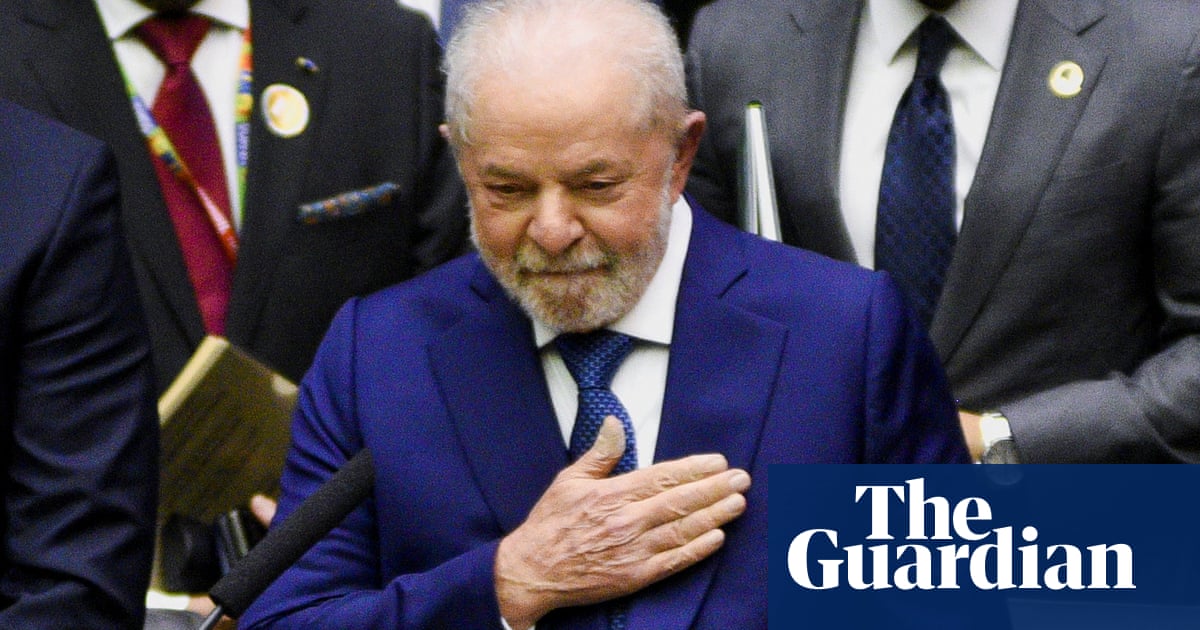
Sudan must implement radical reforms or seek a bailout from friendly nations to pull its economy out of the downward spiral that helped trigger the nationwide protests now rocking the country, economists and bankers say.
The government has run up enormous budget deficits by subsidizing the cost of fuel, bread and other products. To cover this deficit, it has expanded the money supply.
But that has served to debase the currency, causing inflation to soar and the value of the Sudanese pound against other currencies to plummet - in turn pushing up the cost of subsidies and widening the deficit even further.
Attempts to raise bread and fuel prices to reduce the cost of subsidies sparked protests that will soon enter their second month, marking the most prolonged challenge to President Omar al-Bashir.
“The riots right now, all that’s going on, it’s just a reflection of the accumulation of the poverty and salaries being where they are and prices that keep going up,” said one Sudanese banker who asked not to be named.
“No one, no government, can sustain that,” the banker told Reuters.
The government announced an emergency 15-month austerity program in October, but it still offers deep subsidies on basic goods.
For bread, the government pays private traders a 680 Sudanese pound subsidy for each 150 kg (330 lb) sack of flour they import.
The last time it raised the price was in January 2018, increasing a loaf from only half a pound, bankers said - a move that triggered a more limited round of protests.
Central bank statistics show that M1 money supply growth rose from as low as an annual 14.3 percent in April 2016 to 88.3 percent in April 2018, before slipping back to 76 percent in August.
With a shortage of cash banknotes, much of the increased money supply was electronic or via cheques.
This is partly because the country’s sole banknote printing press broke down in early 2018, leaving the central bank scrambling to order new banknotes from abroad, three Khartoum bankers said. Customers queue for hours at banks and cash machines.
Public scandals at two separate banks compounded the problem, causing a small run on banks in the second half of 2018, one banker said.
High inflation has led customers to empty their accounts and invest elsewhere, another banker said. Inflation soared to nearly 70 percent in November, official figures show.
Normally, countries in such dire straits would turn to the IMF for support as they implement the painful steps it demands to straighten out their finances.
But Washington lists Sudan as a supporter of terrorism and has promised to veto any request for IMF assistance until it complies with a series of political, humanitarian and security demands.
Over the years, Sudan has also built up a crippling foreign debt burden of more than $50 billion, most of it in arrears, including $1.3 billion owed to the IMF, according to a November 2017 IMF report.
“Unless they have some sort of outside finance, it would be near suicide (for the government) to remove subsidies,” said a third banker. “They need a radical reform program.”












